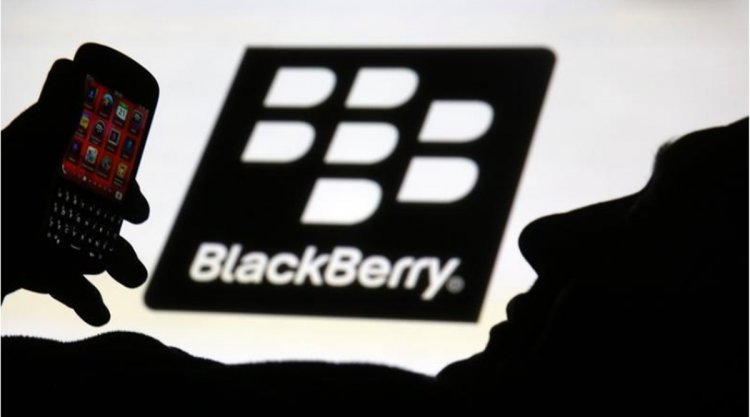BlackBerry users, it’s time to buy a new phone now, here’s why
An important point to note is that this update does not concern those BlackBerry smartphones that run on Android operating systems.

If you’re one of the few remaining users of BlackBerry smartphones, here’s why you need to give it up right now. BlackBerry has had its own smartphones (yes, we know it’s a big surprise!) but it was never able to compete with the ever-growing and ever-evolving Android and iPhones in the market. However, there might still be some people who are using the BlackBerry smartphone, and we have some news for them. BlackBerry has said that its smartphones would now not be able to support legacy services over WiFi and cellular connectivity come next week.
The move had earlier been announced by BlackBerry in September 2021, but it had extended its services as a token of gratitude to the loyal customers.
However, an important point to note is that this update does not concern those BlackBerry smartphones that run on Android operating systems.
Some of BlackBerry’s smartphones run on BlackBerry’s OS and as of January 4, devices that run on BlackBerry 7.1 OS and earlier, BlackBerry PlayBook OS 2.1 and earlier and BlackBerry 10 software would not be functioning reliably any longer. The update has been shared by the Canadian company on its website.
Some users might think that it is not going to matter, but what this essentially means is that come January 4, there would be no guarantee that such devices on WiFi or cellular connectivity would be able to make phone calls, send text messages, allow data access or even make emergency phone calls to 911.
While the development is a sad one, especially for users who had seen BlackBerry being branded as the phone for business when they were younger and dreamt of getting a BlackBerry one day, it is not really a surprising event, considering the fact that the Canadian company did begin to lose its solid ground in the phone market in the early 2010s.
Over the years, BlackBerry had tried numerous times to compete with Android and iOS to regain its lost market share, by bringing in BlackBerry 10 in 2013. However, in 2015, it moved to Android itself, launching the slider phone BlackBerry Priv to take on Apple and Samsung. The move hardly benefited the company, though.
It also brought in licensing partners to retain its brand name with third-party devices, but that arrangement did not work for BlackBerry for long either, with one of the partners – TCL – announcing in February 2020 that it would not produce phones for BlackBerry any longer, and other licencees also maintaining silence since way back in October 2018.
A startup from Texas – OnwardMobility – had also teased in 2020 that it would launch a 5G BlackBerry phone in 2021, but the year has come and gone with the phone yet to make any appearance.
While the development is sad, it does not mean the end of the BlackBerry brand, with the company currently working on development of security software and services for many governments and enterprises globally.







